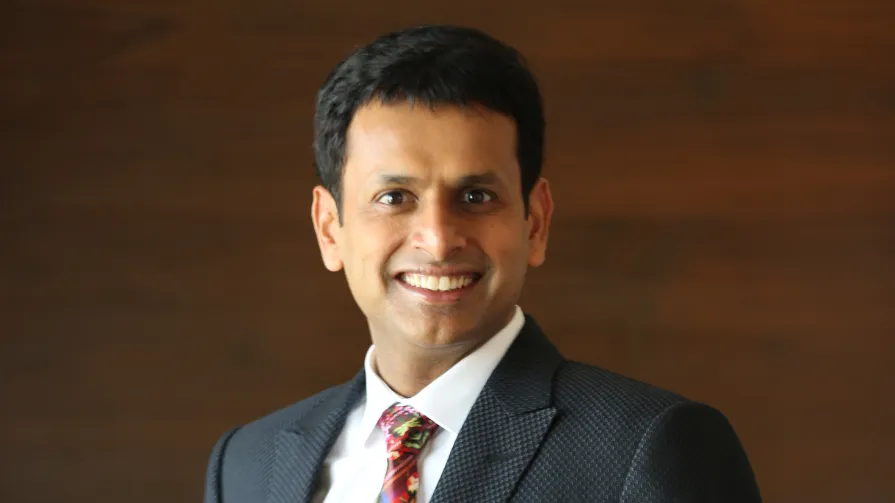
Avaada to boost RE load to meet demand from India’s data centres
The company eyes 30 gigawatts of renewable energy capacity by 2030.
Avaada Group expects India’s booming data centre market, whose revenue is projected to hit $8.7b this year, to drive the demand for renewable energy as the company targets to boost capacity to 30 gigawatts (GW) by 2030.
The Mumbai-based company, which generates power using solar, wind, and pumped hydro, is also looking at supplying the power needs of artificial intelligence (AI) companies in the world’s most populous nation, group Chairman Vineet Mittal told Asian Power.
Avaada has 4.7 GW of operational capacity, and has projects under construction that will add 10 GW more.
Revenue in India’s data centre market is projected to reach $8.7b in 2024, with a compound annual growth rate of 6.5% to $11.9b by 2029, according to Statista.
Mittal said Avaada would boost its clean energy capacity in the next six years starting 2025, as it supports the Indian government’s One Nation-One, Grid-One Frequency goal of everyone with access power anytime, anywhere.
Here is the rest of the interview.
How has the company performed so far this year?
We are very fortunate that we are in India, where power is always in shortage. The government is very keen to raise the power capacity using solar, wind, and hybrid projects. In addition to that, they are bringing a lot of tenders for battery storage and pumped hydro storage, which are making the market quite attractive.
We have experienced very significant growth because every month, the government is bidding out 5,000 megawatts plus tenders. This year, we have won more than a gigawatt of agri-voltaic projects, which is for empowering farmers, which will provide electricity in the night time and will now be provided in the day time in Maharashtra. They can become more productive and efficient in their farming activities. So we are getting into that distributed power as well.
We have also won several projects from SJVN, MSEDCL, National Thermal Power Corporation (NTPC), National Hydroelectric Power Corporation (NHPC), and we recently signed a memorandum of understanding to do 2,750 megawatts of two water vacuum projects in Maharashtra. We are also setting up two additional water battery projects at 2,190 megawatts in Uttar Pradesh, which is the most populous state in the country. We recently commissioned 70-megawatt projects there per customer.
How do you address hurdles in India’s power sector?
Unlike in many countries, the government doesn't do a single tender of 50,000 GW. They do various tenders — one gigawatt, two gigawatts, or three. So the biggest challenge is that every month, you have to get a new performance guarantee from the bank, study so many tenders in so many states, and then look at the grid availability, land availability, the quality of the power purchase, and many more. In addition to that, we are very heavily dependent on the global supply chain. And whenever there are challenges in any part of the world, our plants get impacted. There are disruptions due to geopolitical tensions. For example, there was a shipment-related issue in Singapore that caused equipment to come a month late.
So basically, what companies of our scale are doing is focus on taking up long-term supply agreements and fast-tracking the development of our own local manufacturing in India. And this strategic move will help us to de-risk the supply chain. This also aligns with the Indian government policy of authorisation model manufacturers, where they want India to produce things that they are consuming in large quantities, so that they don't have to depend on any other country.
Power is a concurrent topic in an evolving country like India, where there are regulatory uncertainties — the policy in one state may not be the same policy in another state. And sometimes, new policies get introduced without the previous policy being retired. Regulatory uncertainty becomes one of the biggest challenges. Then, the government starts doing more firm and dispatchable renewable power. We upped our team on storage, and now we are participating more and more in fixed and dispatchable renewable energy power projects.
Our team is quite proactive and resilient, and adapts to new challenges on an almost real-time basis, and ensures compliance with the new regulation. We are addressing all these challenges by leveraging our balance sheet, and keep on funding new projects with the help of Indian institutions.
Tell us more about your 2,750-MW pump storage project in Maharashtra.
The best advantage of pumped storage over other projects is its ability to provide large scale, large-duration energy storage and grid stability. So pumped storage can store excess electricity generated from our solar and wind projects when demand is low, and then release it during the peak demand period, ensuring consistent and reliable electricity supply. That ability to balance supply and demand makes pumped storage a critical component in integrating intermittent power like solar and wind with the grid. And it improves the grid's resilience, it reduces the need for more fossil fuel as backup power. So it's an overall blessing.
What other growth opportunities do you see?
If you look at data centres and language model companies, they all want green power. We are seeing a huge demand from the private sector for green power, and now, more and more demand is coming round the clock — green power from solar, wind, and storage technology into Europe and into the grid. So we are seeing big demand from the private sector. On top of that, state-owned enterprises like NTPC, National Hydroelectric Power Corp. and SJVN are bringing a lot of tender. States like Uttar Pradesh, Maharashtra and Gujarat, are bringing a lot of tender. So the opportunities are quite good.
Do you have plans to launch projects outside India?
We're currently focusing on India. There are plenty of opportunities in India. The market is very big and it's increasing day by day. The size of the market is improving and growing. So we are focusing on our country. We are not going to any other country right now.
Is Avaada on track to hit its target of 30 GW installed RE capacity by 2030?
Yes, that's quite achievable. Every state utility has to actually meet its renewable purchase obligation. And the government has actually now made it mandatory, that the Bureau of Energy Efficiency will make sure that they comply with these renewable purchase obligations, and any state utility that is not complying with the regulation is penalised. So now, the government is becoming quite stringent in ensuring compliance with renewable purchase obligations (RPO).
Unlike many countries, they have also gone with a distinct sub-target for wind, solar, and distributed RE. If you don't meet these targets, you will have to pay the penalty. The government is ensuring that the Bureau of Energy Efficiency will oversee all the data on renewable purchase obligation compliance by all consumers, whether in the private or public sector. By incorporating the RPO compliance mechanism, they have the penalties and adjudication in the Energy Act, and because of that, now the states are becoming very, very particular about honouring the RPO commission.
There will be big demand for solar and wind energy in the next five or six years. The biggest challenge is going to be in land [availability] and [power] evacuation, not on the demand side, and the third will be in the execution.
What can we still expect from Avaada?
We are looking at expanding our agri-voltaic project, which offers a unique opportunity to combine energy production with agriculture. Our plan is to scale this project across various states of India, contributing to both energy generation and rural development. By focusing on these growth areas, Avaada Group aims to solidify its position as a leader of India's renewable energy sector and continue driving the energy transition.
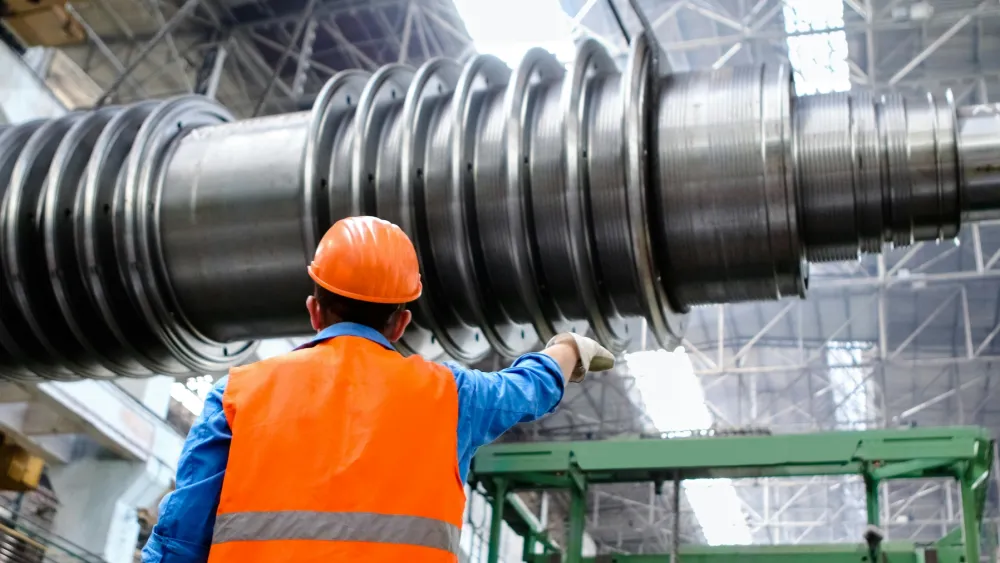
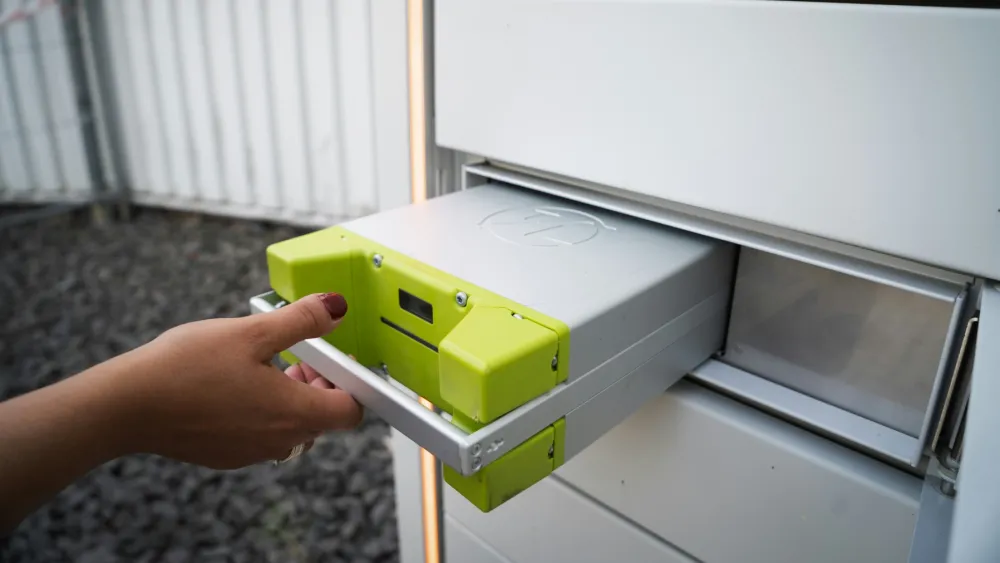
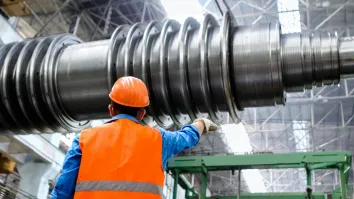
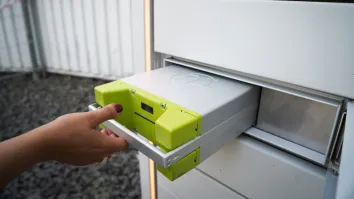
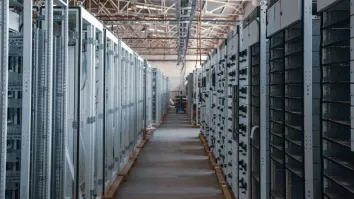
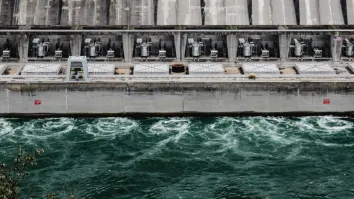













 Advertise
Advertise







